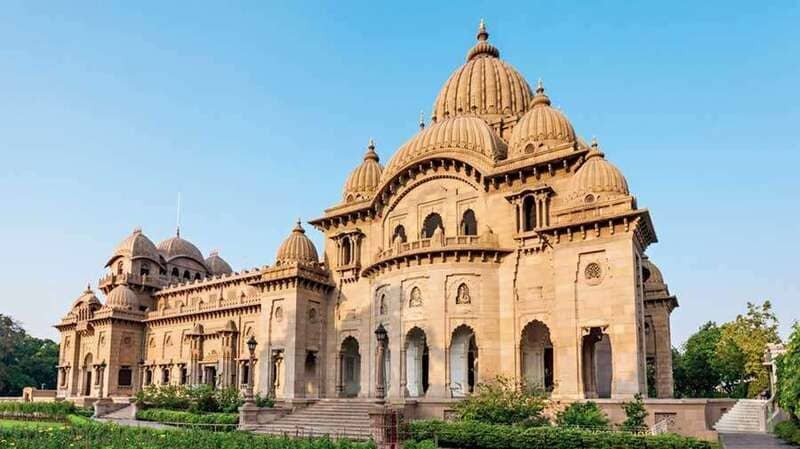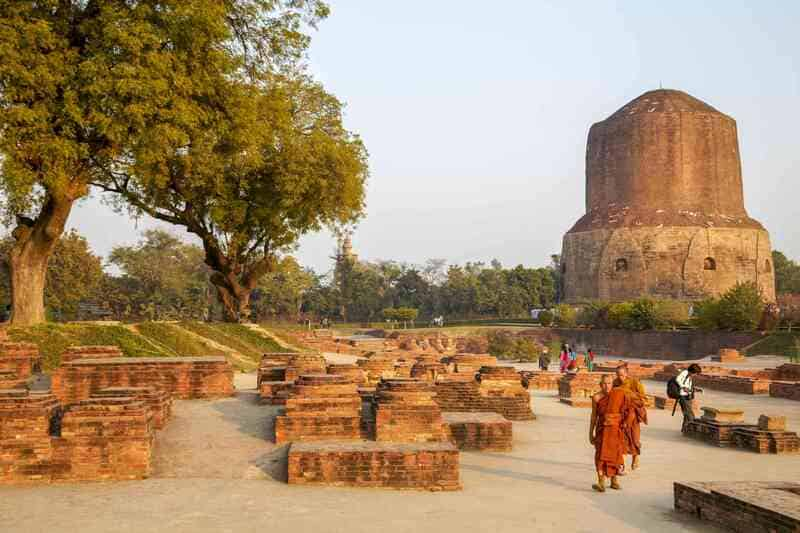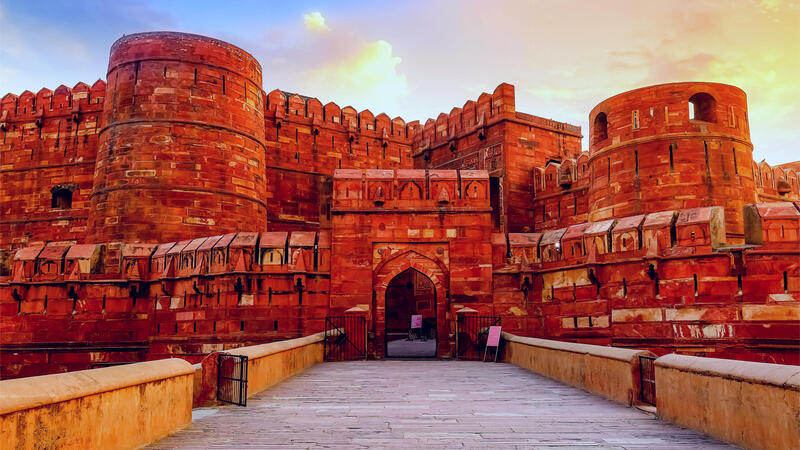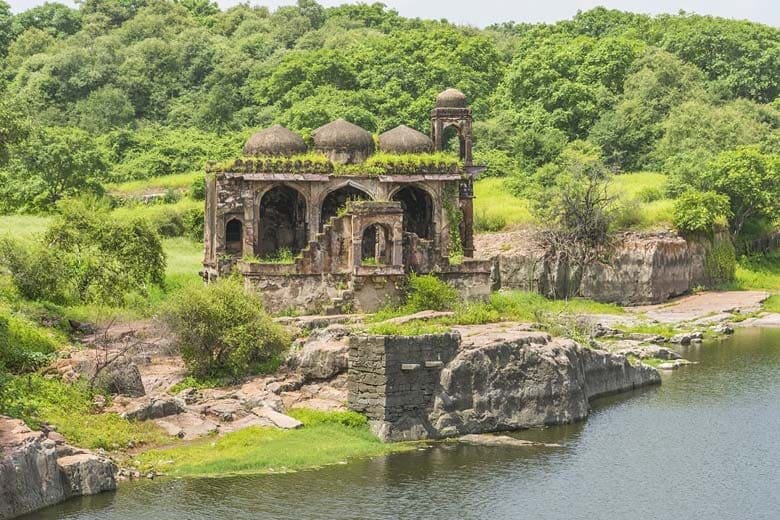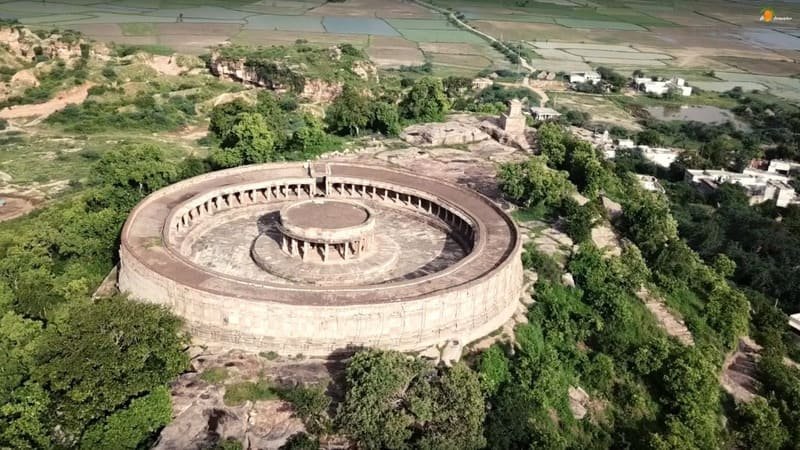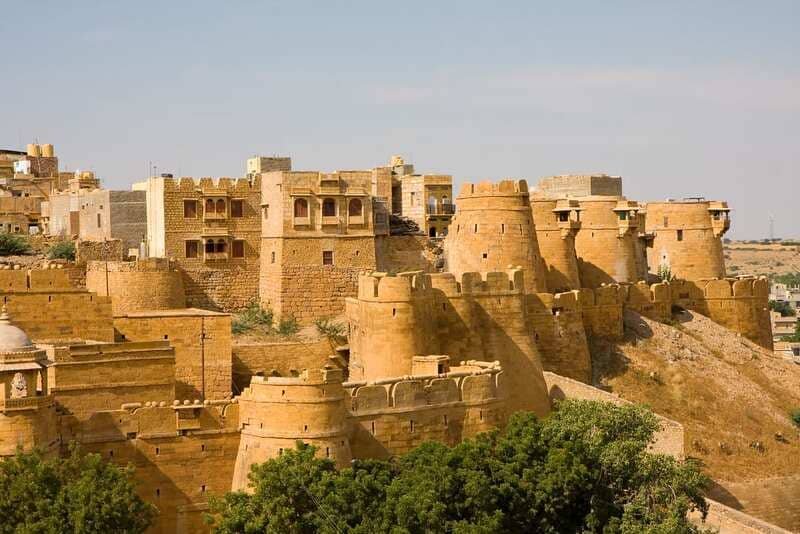
Jaisalmer Fort, Rajasthan.
Jaisalmer Fort,Fort Road, Near Gopa Chowk,Jaisalmer, Rajasthan 345001,India.
Jaisalmer Fort, also known as Sonar Qila, is a magnificent fort located in the heart of the Thar Desert in Rajasthan, India. It is one of the largest forts in the world and has been declared a UNESCO World Heritage Site. Built-in the 12th century by the Rajput ruler, Rawal Jaisal, the fort stands as a testament to the architectural prowess of the Rajput era. In this blog post, we will take an in-depth look at the history, architecture, and culture of Jaisalmer Fort.
History
The construction of Jaisalmer Fort began in 1156 AD when Rawal Jaisal, the Rajput ruler of Jaisalmer, decided to move his capital from Ludarva to a safer location. The fort was built on a hill, which provided strategic advantages such as a clear view of the surrounding desert and protection from enemies.
Over the centuries, Jaisalmer Fort was repeatedly attacked by invaders, including Muhammad Ghori and Alauddin Khilji. However, the fort was able to withstand these attacks due to its strong fortifications and strategic location.
During the Mughal period, Jaisalmer Fort became an important trading center for goods such as silk, spices, and precious stones. The fort was also an important center of Jainism, with many temples dedicated to the Jain religion built inside the fort.
In the 19th century, Jaisalmer Fort came under the control of the British Raj, and it was used as a military garrison. However, after India gained independence in 1947, the fort was handed over to the Indian Army, which continues to maintain it to this day.
Architecture
Jaisalmer Fort is a marvel of Rajput architecture. The fort is built entirely of yellow sandstone, which gives it a golden glow in the sunlight. The fort is surrounded by a 30-foot-high wall, which is reinforced by 99 bastions. The wall has four gateways, which are named after the villages that lie in the four directions - Ganesh Pol, Akshya Pol, Suraj Pol, and Hawa Pol.
Inside the fort, there are several magnificent palaces and temples. The most famous of these is the Maharaja's Palace, which was built in the 19th century. The palace has several ornate balconies and jharokhas, which provide a breathtaking view of the surrounding desert.
Another famous palace inside the fort is the Salim Singh Ki Haveli, which was built in the 18th century. The haveli has several unique features, such as its roof, which is shaped like the hump of a camel.
The fort also has several Jain temples, which are famous for their intricate carvings and beautiful architecture. The most famous of these is the Jain temple dedicated to Shri Parshvanath, which was built in the 15th century.
Culture
As mentioned earlier, Jaisalmer Fort is not only a marvel of architecture but also a center of culture and tradition. The fort has a rich cultural heritage that has been preserved for centuries.
One of the most important cultural aspects of Jaisalmer Fort is the Jain religion. The fort has several Jain temples, which are famous for their intricate carvings and beautiful architecture. These temples are dedicated to various Jain tirthankaras (saints) and are visited by pilgrims from all over the world.
Apart from Jainism, Jaisalmer Fort is also home to several other religions, including Hinduism, Islam, and Sikhism. The fort has several temples, mosques, and gurudwaras, which are visited by people of all faiths.
The people of Jaisalmer Fort are known for their hospitality and warmth. The locals welcome tourists with open arms and are always ready to share their culture and traditions with them. The locals are also known for their handicrafts, which include textiles, leather goods, and jewelry. Tourists can visit the local markets to buy these handicrafts and take a piece of Jaisalmer Fort back home with them.
Jaisalmer Fort is also famous for its cuisine, which is a blend of Rajasthani and Marwari cuisine. The food is spicy and flavorful, with dishes such as dal baati churma, ker sangri, and gatte ki sabzi being the most popular. Tourists can try these dishes at the local restaurants and street food stalls inside the fort.
Finally, Jaisalmer Fort is famous for its festivals and events. The fort hosts several festivals throughout the year, which are a celebration of the local culture and traditions. These festivals include the Desert Festival, Jaisalmer Fort Music Festival, and Teej Festival. These festivals provide tourists with an opportunity to experience the local culture and traditions firsthand and are a must-visit for anyone visiting Jaisalmer Fort.

